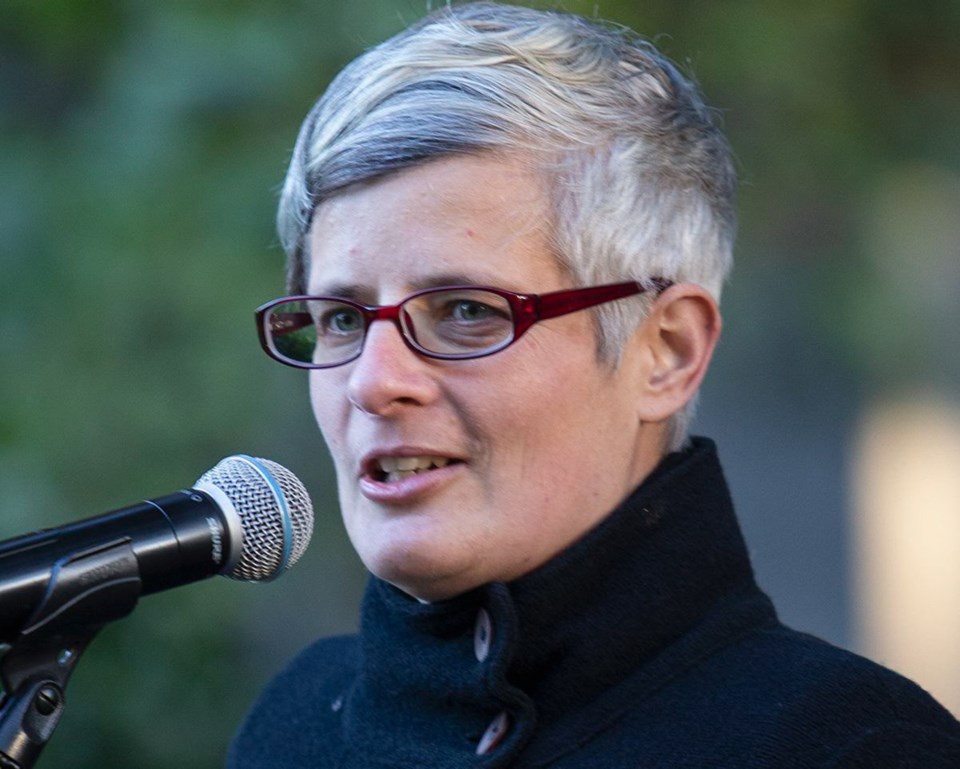Mayor Lisa Helps is recommending that Victoria pay a carbon tax for any corporate air travel undertaken by councillors or staff.
The proposed policy would set a $150 per tonne price on carbon, with the collected money going into the city’s climate-action reserve fund.
Helps said she initially looked at a carbon offsets policy where the city would give the proceeds to a non-profit.
“Then staff said: ‘Well, why don’t we fund our own climate initiatives?’ ” Helps said.
Parameters of the Climate Action Reserve Fund are “fairly strict,” she said. It can be used to reduce carbon pollution and implement the Climate Leadership Plan.
Helps notes in a report to council that the city is applying a “climate lens” on all city business and is in the process of developing a detailed Corporate Energy and Emissions Management System.
The goal is to set comprehensive plans, priorities and tools to reduce greenhouse-gas emissions when it comes to the city’s facilities, fleet, operations and business decisions.
That includes finding the best way to internally price carbon emissions across city operations and business.
The proposed $150 per tonne is equivalent to the carbon price adopted by Metro Vancouver in 2017, Helps says in a report going to councillors Thursday.
“Metro Vancouver notes that carbon pricing on city projects and procurement is important as it improves the financial business-case for more climate-friendly alternatives,” her report says.
Under the policy, council members and staff would calculate the price of carbon based on distance travelled, then add that cost to requests for travel approval.
The funds generated would go into the city’s Climate Reserve Fund to directly reduce carbon and take climate action, both community-wide and within the corporation.
Helps said she tries to limit her air travel as much as she can.
“None is frivolous, but even still, in a climate emergency, I think we need to make ourselves pay.”
Staff say that for the approximately 100 trips taken in 2018, the total transfer to the reserve would have been about $4,000, at $100 per tonne.
The same travel at $150 per tonne would have yielded $6,000 for the reserve fund.
Helps concedes that $6,000 is not much money, “but I guess that’s a good thing because we shouldn’t be flying all over the place anyway.”
About 40 of the 100 city air trips taken last year were to Vancouver.



